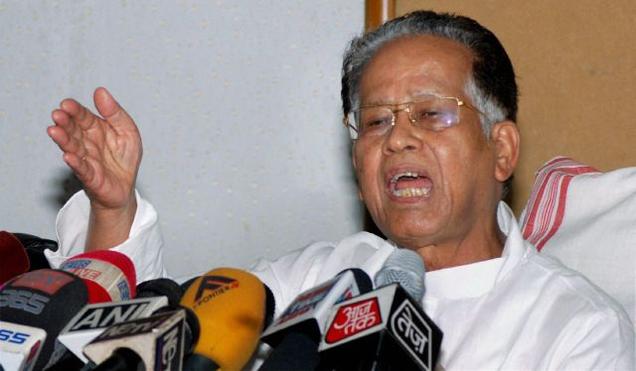
“We wanted the Army from day one of the crisis and now when it is there, the situation is gradually limping back to normal,” Mr Gogoi told reporters here.
Addressing a press conference here, he said 45 persons lost their lives in the worst crisis his government faced.
He said the government had taken all steps to maintain law and order and four ministers were camping in worst hit Kokrajjhar town.
A body was found floating on Friday in river Gouranga in Dhubri district while 11 people were reported missing, official sources said.
In Baksa district, where clashes between migrants and Bodos were reported only yesterday, three houses were set on fire at Simla in Daodhar village, they said. There was, however, no casualty or injury.
In the other three riot-torn BTAD districts of Kokrajhar, Chirang and Dhubri, stray attacks and counter-attacks by the two communities continued.
Curfew was relaxed on Friday in Kokrajhar district from 6 a.m to 6 p.m, while it was relaxed from 8 a.m to 10 p.m in the minority-dominated Dhubri district as the Army continued to stage flag marches in Kokrajhar district.
Night curfew will continue in Chirang, the sources said.
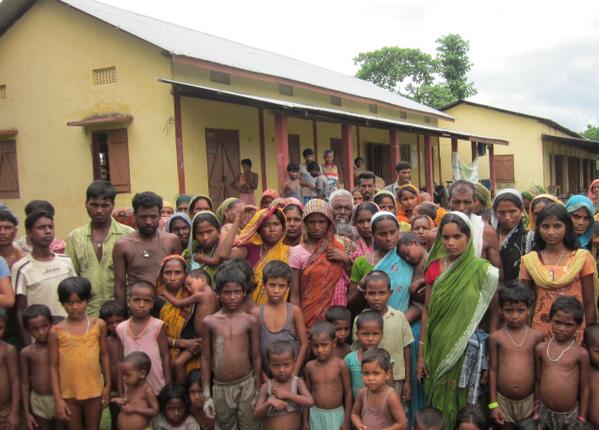
Muslim refugees at the Bagaon High School relief camp in Kokrajhar. Out of 4,000 refugees who had initially taken shelter here, only about 1,500 remain, the rest having fled to camps in Dhubri, outside the Bodoland Territorial Council-administered districts.
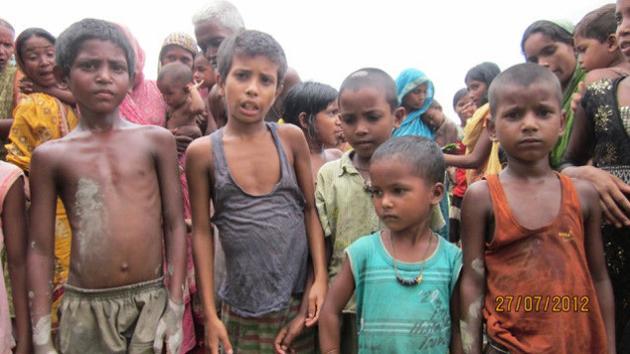
The Bagaon High School camp was set up on July 19 but the government started providing food only on July 26. Medical facilities and basic necessities like baby food are yet to reach the shelter.
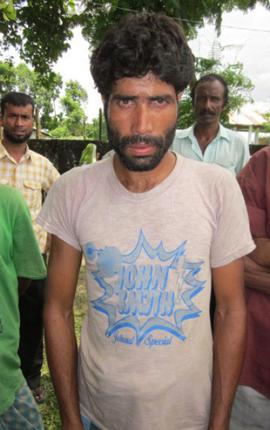
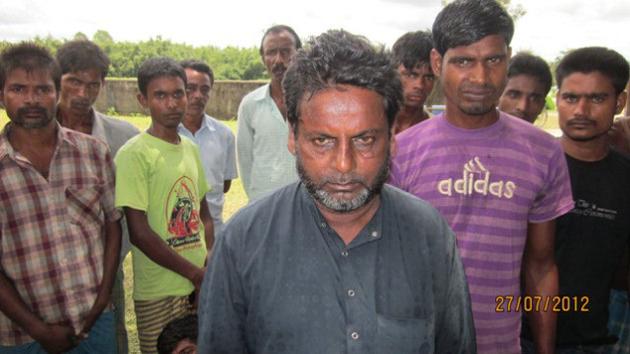
Ahmed Fauziaur Rehman (centre), a farmer from the Parura Muslim Basti fled his village hearing gunshots on July 19, 2012.
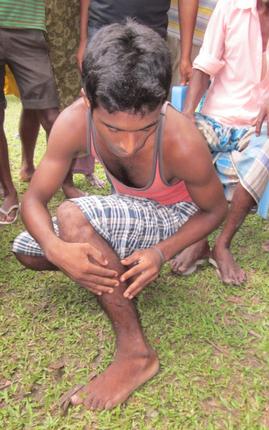
Mohammad Chinu Hussain of Boro Bhardanjugam shows the gunshot wound he recieved while fleeing his village.
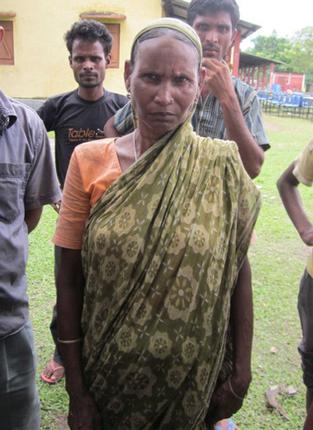
Samiran Bibi is worried as her son Sofizuddin, her family's sole bread-winner has been hit by a bullet and is still under treatment at the Government Medical College, Dhubri.
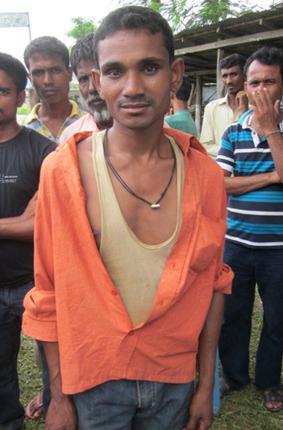
Mohammad Abu Bakr Siddiq of Gossaigaon Bhudaigur is a worried man as his one-year-old daughter Azima and mother-in-law Hasina Begum have been missing since their village was attacked on July 21, 2012. Mr. Siddiq's wife Khadiya Begum was injured by firing during the attack.




Comments
Add new comment